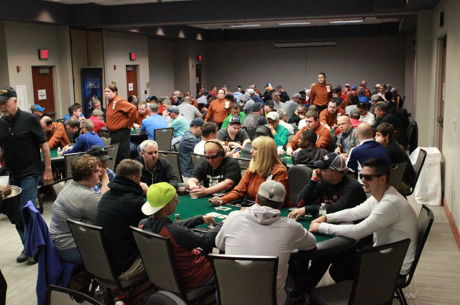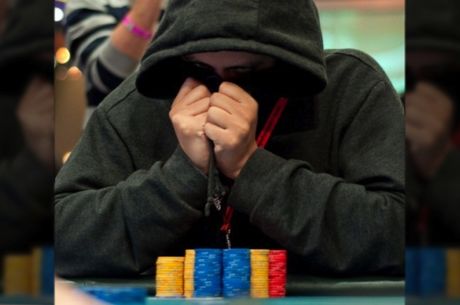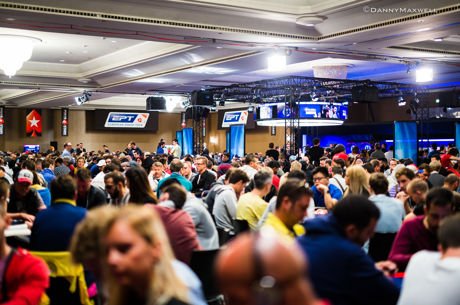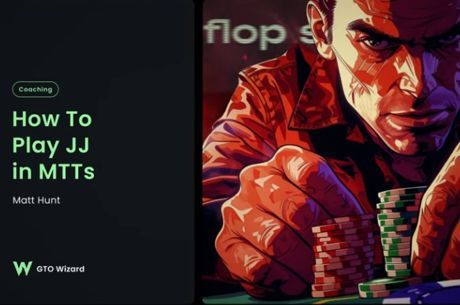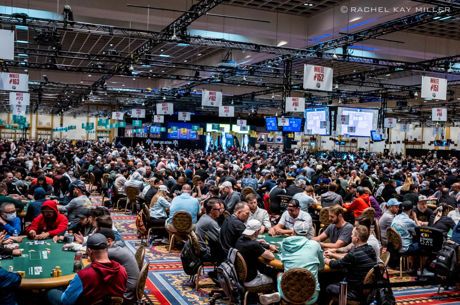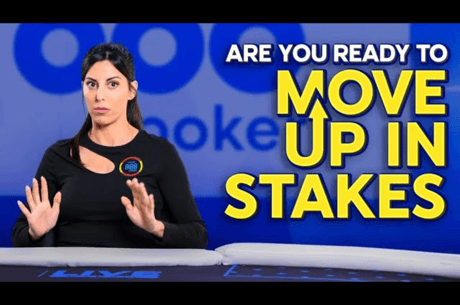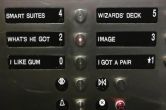Third Level Thinking: Your Image in the Mind of Your Opponent
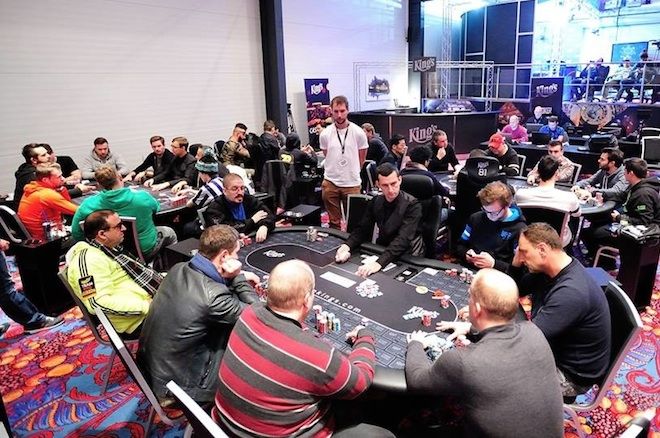
In the next few articles we're going to have you move up from "second level" thinking �� that is, where you no longer just think about your own hand and start taking advantage of your opponent by recognizing what cards he is likely to be playing. We're going to look into "third level" thinking �� that is, where you are exploiting your opponent by taking into consideration what he is likely to be thinking you have.
Being able to think about what your opponent thinks you are holding will allow you to profit not just from the style of play of your opponent, but from his impression of your style of play.
Before moving further, though, here's a quick refresher on first and second level thinking.
Getting Good: Moving from First to Second Level Thinking
First level thinking was learning the basics about the absolute value of your hand. It included learning about good and bad starting hands, and also generally learning to play tightly.
As players progress from beginner status and gather more experience, they move up to a second level of thinking where they learn to think about the relative strength of their hand by additionally considering the likely holdings of their opponent(s). It might seem like a small step, but it's actually a pretty big leap from first level thinking.
A player using second level thinking will fold a hand that in the past he thought was really strong (in an absolute sense), having reassessed it based on what he thinks his opponent has. Players who are able to think on the second level are able to take advantage of information they glean about their opponents' likely hands. Accordingly, they may not spew as much as a first level player, avoiding some large losses when they properly recognize the value of their hand has deteriorated relative to the value of their opponent's likely hand.
Similarly, they have learned to detect weakness in the hand of their opponent, often based on their opponent's betting action. They can capitalize on it by bluffing when they read their opponents as weak, even when they themselves have hands with very low absolute value.
Getting Better: The Acquisition of Third Level Thinking Skills
If you become really good at second level thinking, you can usually profit in your home game. You can also do well in entry-level public poker room games like $1/$2 no-limit hold'em, assuming you also have the discipline to apply correct betting action based on what you've learned about the strength of your opponents' hands.
If, for example, you are able to determine that your pocket aces have likely gone south because your opponent has probably hit a set, made a straight, or otherwise made something better, and you have the strength of will to fold those aces in that situation, then you are probably ahead of the game.
Even so, further progress is still possible �� and necessary if you want to beat better players.
Specifically, you are now ready to think about how you can manipulate your opponent into mistakes based on your image in his mind. You can win more money from him if you can take advantage of the impression he is likely to have of you and your style of play.
Simply put, you use a combination of your image in your opponent's mind and your betting action to make him incorrectly infer the likely strength of your hand. Then you punish him for his incorrect inference.
Here's an example of how that would work.
Applying Third Level Thinking
Imagine you are perceived as a super-tight player �� a "rock" �� by everyone at the table. Maybe you were a rock for years. Maybe you are playing with players who only know you from this one session, and as it happens you have folded every hand up until this point. Whatever the reason, you are certain that every observant player at the table would presume that you never play anything but AxAx, KxKx, QxQx, or AxKx-suited preflop, and you never make a large bet on later streets without the nuts.
Knowing this, how could you take advantage of your opponents? You'd bluff their asses off, wouldn't you?! Since they'd think of you as a rock, your bets would be super-respected. Knowing that, you could win with any two cards simply by betting very aggressively (assuming that no one else had the nuts when you tried this).
Here's one very simple (albeit somewhat exaggerated) example to illustrate the point. You, with the rockiest of images (but ready to use your third level thinking skills), are dealt A?4?. You and the other players are very deep, with $500 stacks in this $1/$2 NL game. Three players call $2 and a relatively straightforward player to your immediate right raises to $20. You call, and everyone else folds.
The flop comes K?8?5?. Your opponent bets $40. You call. The turn is the 2?. Your opponent bets $60. You call. The river is the Q?, making the board K?8?5?2?Q?. You've completely missed, with nothing but an ace-high. Your opponent bets $100. Super-tight rocky, you raise to $250.
Even if your opponent has made a flush, he couldn't have made the nut flush. Knowing you for the rock you have always been, he's almost certainly going to conclude that you wouldn't be playing anything but A?K? from the start, and so, since you're raising, you must have hit the nut flush. He'll be inclined to fold, based on the image he has of you and your betting action.
Conclusion
To be a winning player, especially in a home game, you must not only correctly infer what cards your opponent is likely to hold. You must also learn to recognize what cards your opponent believes you to be playing. And then you must have the guts to follow up that knowledge with appropriate betting action.
Becoming accustomed to such third level thinking is one of the keys to beating better players. In my next article we'll learn more about how to do that, looking more specifically at how to recognize and shape your image as it appears to your opponents.
Ashley Adams has been playing poker for 50 years and writing about it since 2000. He is the author of hundreds of articles and two books, Winning 7-Card Stud (Kensington 2003) and Winning No-Limit Hold'em (Lighthouse 2012). He is also the host of poker radio show House of Cards. See www.houseofcardsradio.com for broadcast times, stations, and podcasts.

